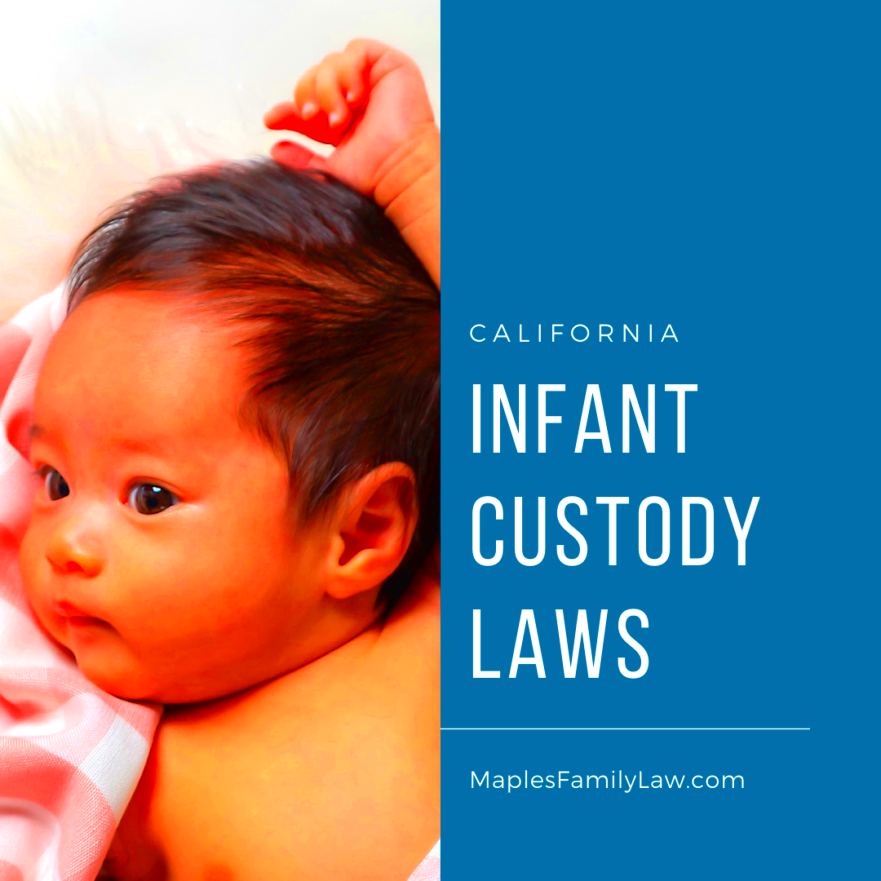California Custody Laws and What You Should Know
Witnessing my cousins custody battle made me understand just how challenging and emotional the journey can be. California custody laws aim to prioritize the childs best interests but navigating through them feels like traversing waters. If you find yourself in this situation keep in mind that the law is not solely focused on determining who gets custody but also on ensuring the childs well being is protected.
In custody cases California courts prioritize establishing a nurturing setting for children. They take into account factors such as the childs bond with both parents and the living situations in each home. Its not a generic approach and this is why it’s crucial to grasp the fundamentals of custody proceedings in California.
Types of Custody in California

California recognizes two types of custody: legal custody and physical custody. Both play different roles, and the court can assign them jointly or solely to one parent.
- Legal Custody: This refers to the authority to make significant decisions regarding the child’s education, healthcare, and overall welfare. When parents share legal custody, they need to collaborate on these decisions.
- Physical Custody: This is about where the child will live. Joint physical custody means the child spends significant time with both parents, whereas sole physical custody grants primary residence with one parent, and the other may have visitation rights.
How California Courts Decide Custody
Determining custody isn’t something that happens by chance. In California, the courts carefully examine what would serve the best interests of the child. They take into account various factors such as
- The child’s age and health
- Each parent’s emotional ties with the child
- The ability of each parent to care for the child, financially and otherwise
- Any history of abuse or neglect
- The child’s preference, if they are old enough to express one
In my cousins situation the court took into account the emotional bond her child had with both parents and the level of stability she could offer in their living environment. It wasn’t solely about income or having a larger home; it revolved around determining where the child felt safer and more cherished.
Its crucial to keep in mind that the courts intention is not to penalize one parent or favor another. Their primary concern is determining what arrangements will provide the child with the opportunity for a joyful and fulfilling life.
Frequently Asked Questions about California Custody Laws
When individuals come across laws for the time they tend to have a lot of inquiries. Its completely normal to feel a bit swamped. I recall a friend of mine having a hundred questions when she began her custody proceedings. Here are some of the questions I frequently hear along with straightforward responses that could ease your confusion.
1. Can a child choose which parent to live with?
Certainly, it varies based on their maturity. In California, kids aged 14 and up can voice their preference, though the court ultimately makes the decision in the childs best interest. A 10 year old can share their thoughts too, but their input carries less significance than that of an older child.
2. Can custody orders be changed later?
Of course. If there is a substantial shift in circumstances such as a parent relocating to a different state or alterations in the childs requirements you have the option to request a modification of the custody arrangement. However it’s important to remember that you must present to the court the reasons, why the change serves the best interests of the child.
3. How is child support linked to custody?
Child support and custody issues are closely related. Typically, the parent who spends time with the child receives financial support from the other parent. Nevertheless, the court considers factors such as both parents’ incomes, the custody arrangement and the child’s needs before deciding on the support amount.
4. Do grandparents have custody rights in California?
Absolutely grandparents have the option to seek visitation or custody in certain situations, particularly if they have been involved in the childs upbringing. The courts decision will be based on what is deemed best for the child, even in such instances.
These inquiries merely scratch the surface. Each situation is unique and the responses may differ depending on personal factors. However having a grasp of the fundamentals can alleviate a considerable amount of pressure throughout the journey.
Conclusion: Navigating Custody Laws in California
Navigating custody disputes can be challenging yet familiarizing yourself with the laws in California can empower you to navigate the journey with greater confidence. Being informed about the various custody arrangements and the factors that influence court decisions can be your strongest asset. Whether you’re embarking on this process or looking to make changes prioritizing the well being of the child in every choice you make will keep you aligned, with the path.


